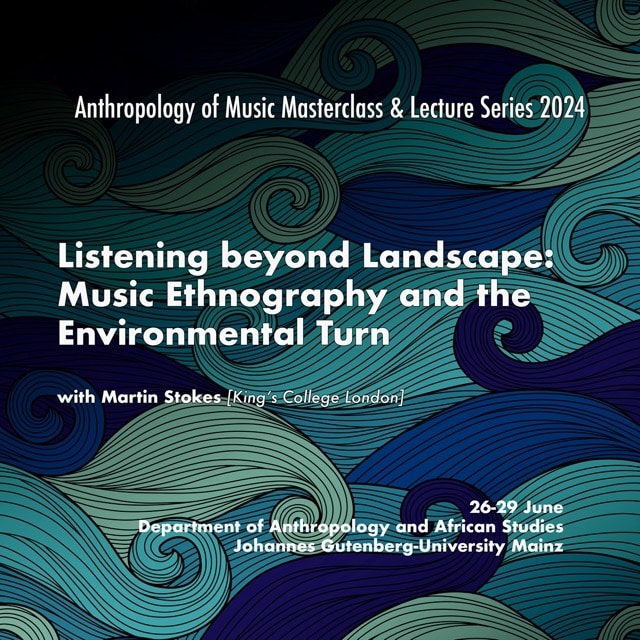27.01.2020 Emotional communication with Cecilia Durojaye


27.01.2020, AMA
Cecilia Durojaye : “Emotional communication in dúndùn (talking drum) performance practices”
The debate of whether African traditional music can communicate emotions has been a long-standing one. This is more so because of the (mis)conception of a dichotomy between functional and contemplative music, or participatory versus presentational music. As such, topics bordering on emotions are rarely discussed by authors, as they are believed to be secondary to the function of African music. In my presentation, I will give an overview of a study that explores emotional communication using the dùndún (‘talking drum’) of the Yorùbá people of Nigeria. I will outline some of the means by which musicians actively and intentionally generate emotions from their audience, thereby making emotions one of the important aspects of music performance in indigenous African communities.
Cecilia Durojaye promovierte an der University of Cape Town über das Thema, das sie hier vorstellen wird in den Grenzbereichen von Musikethnologie und Musikpsychologie. Sie studierte an der University of Lagos Ethnomusicology und Music Education und erwarb dort ihren BA und MA.


